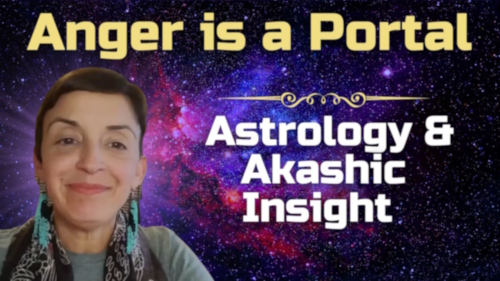Juno Sextile Moon ~ Planet Aspects

"I am capable of fostering deep emotional connections and nurturing harmonious partnerships in my relationships."
- Cultivating emotional well-being
- Promoting positive partnerships
Juno Sextile Moon Opportunities
- Developing intuition and empathy
- Reflecting on family dynamics
Juno Sextile Moon Goals
Juno Aspects
Juno: The Covenant of Partnership
In the natal chart, Juno, named after the Roman goddess of marriage and commitment, signifies the nature of one's ideal partnership and the qualities one values in long-term commitments. It delves deeper than just romantic inclinations, revealing insights into how an individual perceives loyalty, what they expect in terms of fairness within a union, and their innate approach to contracts, be they marital or otherwise. Juno's position by sign can indicate the kind of partner one is drawn to or the style of partnership that resonates most deeply. For instance, Juno in Leo might seek a dramatic, passionate, and loyalty-driven relationship, while Juno in Gemini might prioritize intellectual rapport and communication.
Juno's Sacred Vows
Beyond sign placement, the house Juno occupies shows the arena of life where one seeks deep commitment and where themes of contractual bonds might play out. For instance, Juno in the 10th house might indicate a person whose commitment is closely tied to their career or public life, perhaps suggesting business partnerships or a marriage that holds significant public importance. Aspects to Juno, whether harmonious or challenging, reveal nuances in how one navigates long-term commitments. A square to Venus might suggest tensions in balancing personal desires with partnership obligations, while a trine to Mercury could point to a harmonious communicative bond with a partner. Juno's intricate dance in the natal chart sheds light on the sacred vows one is inclined to make and the nature of the unions one seeks.
Juno Sextile Moon Meaning
Juno Sextile Moon symbolizes a harmonious blending of the feminine essence (Moon) and the concept of partnership and dedication (Juno). This alignment offers a nurturing and supportive atmosphere within relationships, deepening emotional bonds. It prompts you to explore how your emotions and commitment to partnership can work together in harmony.
How can you nurture emotional well-being in your relationships? Reflect on your ability to understand and meet emotional needs, fostering security and connection. Consider creating a supportive and nurturing space for both yourself and your partner.
In what ways can you foster positive and harmonious partnerships? Explore how you can value and support your partner, promoting cooperation and mutual understanding. Reflect on the significance of balance and reciprocity within your relationships.
How does this aspect influence your family dynamics? Contemplate how it brings harmony, emotional bonding, and commitment within the family unit. Reflect on ways to nurture and strengthen your familial relationships.
How can you further develop your intuition and emotional intelligence? This aspect enhances your intuitive and empathetic abilities, fostering deeper understanding and connection with others. Reflect on how you can cultivate these qualities within yourself to enhance your relationships.
Juno Sextile Moon Keywords
For more information on your birth or transit aspects to discover your true potential, check out our captivating, interactive, and completely free love report. Learn how your empathetic nature shapes your interactions and enriches your relationships.
Our intuitive, user-friendly layout guides you through each aspect of your spiritual vision, making it effortless to pinpoint areas where you might need guidance in decision-making. By using your precise birth details, we ensure unmatched accuracy, delving deeper with the inclusion of nodes and select asteroids. Experience insights and revelations far beyond what typical reports and horoscopes offer.












































